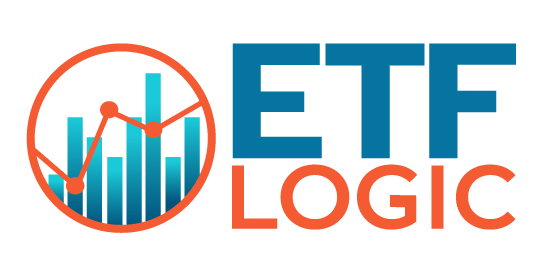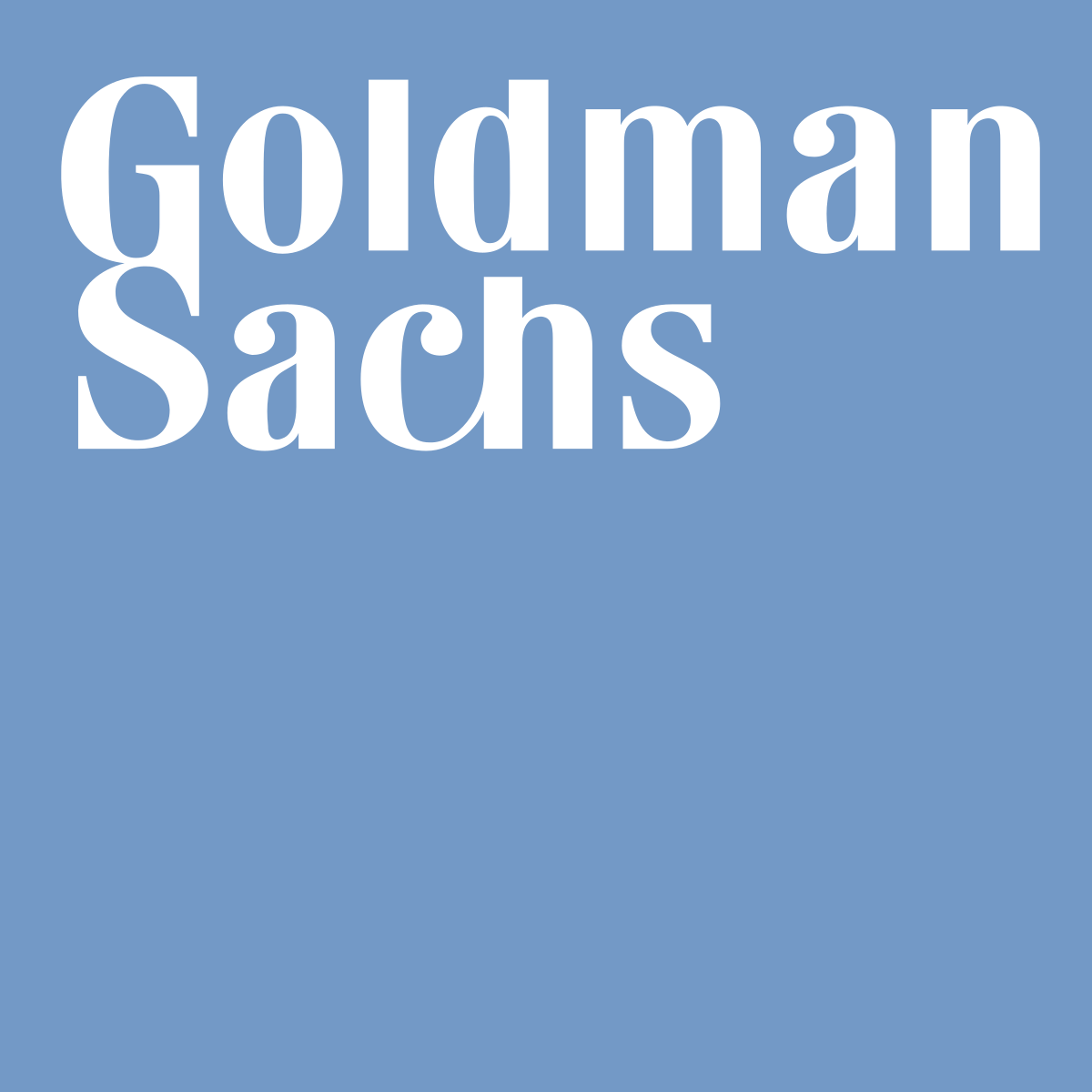Investors are rotating out of low volatility and into value ETFs, a sign of bullishness in the market despite rising coronavirus rates across the globe.
There have been a number of low volatility ETFs, in particular, that have suffered significant outflows over the past three months as investors begin to put risk back on the table in the equity portion of their portfolios.
Highlighting this, the iShares Edge MSCI World Min Volatility UCITS ETF (MVOL) has seen $757m outflows in the three months to 27 October, according to data from ETFLogic, one of the most across all European-listed ETFs during this period.
Furthermore, investors have pulled $140m from the iShares Edge S&P 500 Minimum Volatility UCITS ETF (MVUS) over the same period taking its total outflows to $715m over the past year while the BNP Paribas Easy Equity Low Vol Europe UCITS ETF has seen $101m net redemptions in three months.
Overall, low volatility has underperformed this year with the MSCI World Minimum Volatility index returning -2.4% year-to-date versus 2.1% for the MSCI World, as at 30 September.
ETF investors appear to be confident this underperformance is set to continue, a trade that typically shows they are positive about momentum and value stocks.
Value, which has consistently underperformed since the Global Financial Crisis, has shown signs of making a dramatic comeback this year amid calls for a spike in inflation.
As a result, investors have started to pile into value ETFs with the BlackRock iShares Edge MSCI World Value Factor UCIST ETF (IWFV) seeing $301m inflows and the USB Factor MSCI USA Prime Value UCITS ETF (UBUS) posting $216m inflows over the past two months.
In a recent report, analysts at Goldman Sachs have predicted policy and economic shifts in the next few months could lead to a temporary rotation into cyclical securities.
This, they argue, would be driven by a rise in inflation expectations and growth which typically move together, along with a vaccine for COVID-19 being produced which would benefit cyclicals over defensives.
Société Générale's Lapthorne: Value is a call option on good news
Peter Oppenheimer, chief global equity strategist and head of macro research in Europe at Goldman Sachs, and co-author of the report, said: “While the general policy mix in the aftermath of the financial crisis was to offset monetary easing with fiscal tightening, if not austerity, in this crisis governments have borrowed very large sums of money.
“This new approach to economic policy, involving ultra-low interest rates and forward guidance together with massive fiscal easing, is more likely to have an impact on inflation expectations.”
Oppenheimer added a spike in inflation could be further aided by a ‘blue sweep’ in the US election as it would likely result in a $2.2trn fiscal package.
“They estimate that the output gap in 2021-22 would be 2-2.5pp lower with unified Democratic control relative to the current baseline, and that this could bring forward the timing of a ‘lift-off’ in rates in the US by up to two years,” he said.
According to Goldman Sachs research, there have been 15 times when cyclicals have outperformed defensive since the GFC, lasting on average four months and delivering 15% outperformance.
Value’s outperformance is always short-lived so investors looking to capture the rotation need to do so sooner rather than later.
As Vitali Kalesnik, head of research, Europe, at Research Affiliates, said in the Q3 edition of Beyond Beta: “If history is an accurate guide, a return to economic stability combined with the historically unprecedented spread in valuations implies a very attractive value investment opportunity.”




